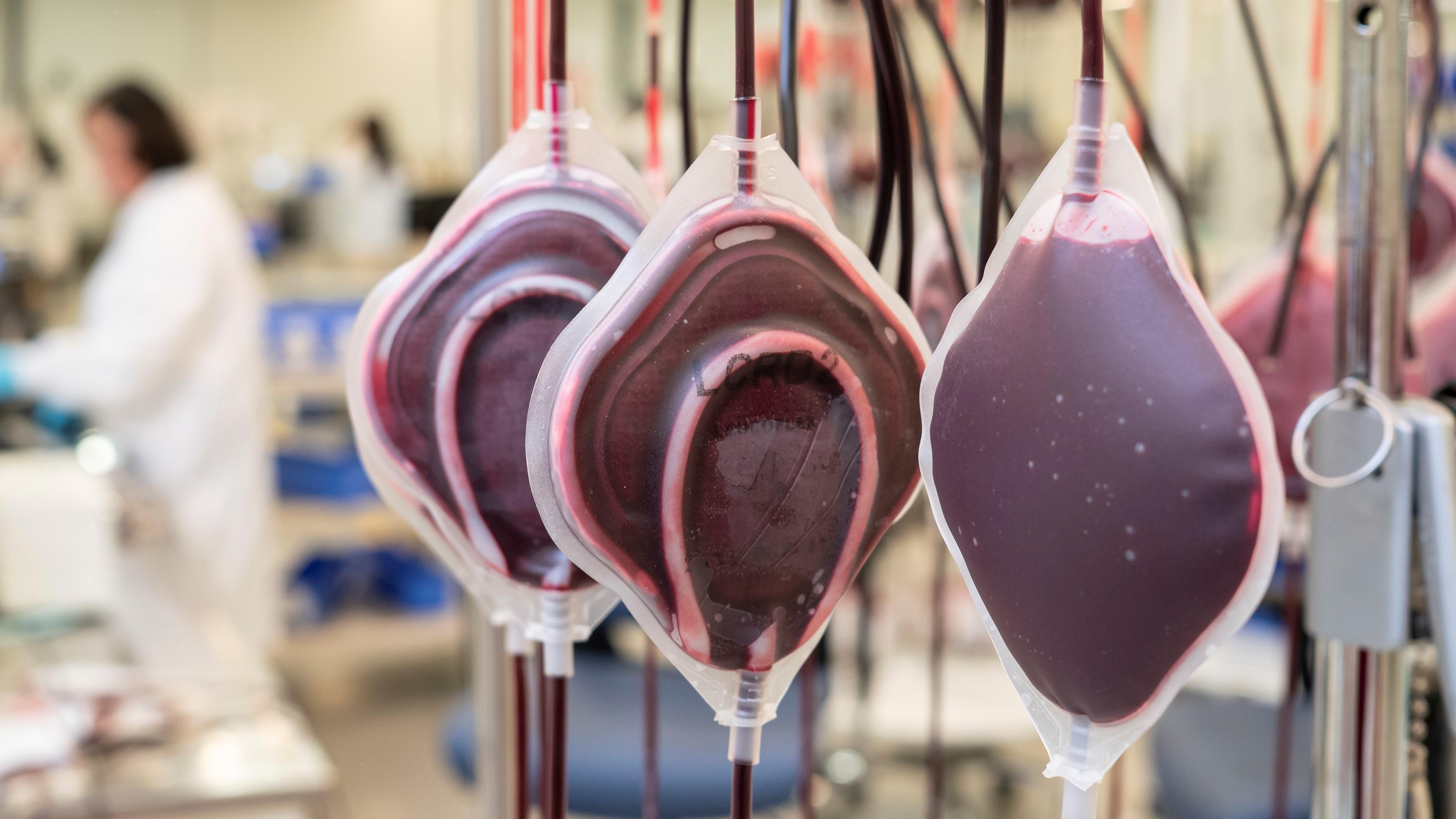Research.Education.Discovery Blog
The Research.Education.Discovery blog showcases Canadian Blood Services’ work and explains the basic science behind what we do. We invite readers to explore the worlds of transfusion and transplantation science and learn more about how our research leads to improvements in everyday practices and ultimately – and most importantly – better outcomes for patients.
These R.E.D. blog posts are republished from Canadian Blood Services’ main website. See all blogs at blood.ca/RED.
Amie T. Kron is the clinical research coordinator in transfusion medicine at Sunnybrook Research Institute in Toronto. The University of Toronto QUEST program is a research collaborative supported by
Patients with a bleeding disorder called immune thrombocytopenia (ITP) are at risk for blood loss if they need to have surgery. Because their blood doesn’t clot as it should, ITP patients are commonly
Intramural Research Grant Program
One of the Centre for Innovation’s flagship competitive research grants, the Intramural Research Grant Program supports projects that will generate knowledge and
Canadian Blood Services’ chief scientist has been appointed director of the Centre for Blood Research at the University of British Columbia. This new role deepens Canadian Blood Services’ lasting
Dr. Celina Montemayor-Garcia joined Canadian Blood Services in August 2020 as a medical officer. As a researcher and transfusion medicine specialist, her main interest is understanding how genomics
IVIg is the wonder drug you’ve probably never heard of – yet. Used to treat many different conditions, intravenous immune globulin (IVIg) is manufactured from the plasma of thousands of patients
As we welcome the new year, take a look back with us at the top five blog posts of 2020.
1. Why you won't get COVID-19 from a blood transfusion
Unsurprisingly, three of our top five blog posts were
With the advent of November comes a much-anticipated event for the Centre for Blood Research (CBR) community: the Earl W. Davie Symposium. This annual, one-day conference features expert presentations
Housed within Canadian Blood Services’ Medical Affairs and Innovation division, the Centre for Innovation supports Canadian Blood Services to continuously improve blood products and their utilization







